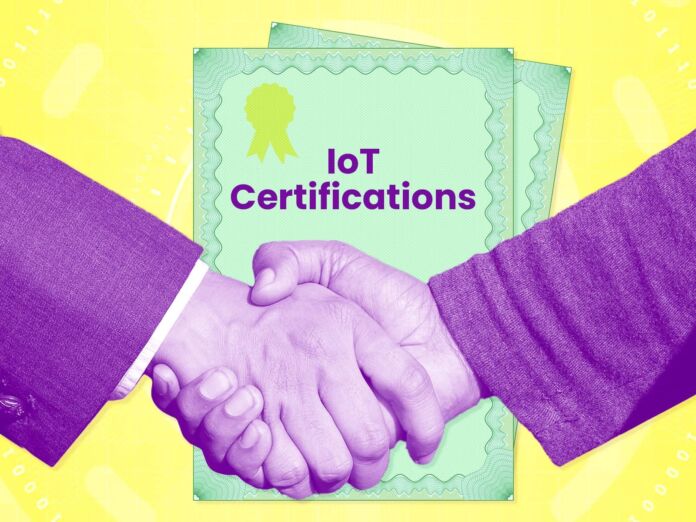
In recent years, the Internet of Things (IoT) has become a hot topic in the tech industry, and its impact is rapidly expanding to other industries as well. IoT is transforming the way we live, work, and interact with the world around us. It's no surprise then that there's been a surge in demand for IoT professionals in the job market. One way to stand out in this competitive job market is by completing an IoT certificate course.
What is an IoT Certificate Course
An IoT certificate course is a short-term training program that focuses on developing skills and knowledge in IoT technologies. These courses are designed to provide a foundational understanding of IoT devices, networks, and applications. IoT certificate courses are typically offered by technical schools, community colleges, and online learning platforms.
Importance of IoT Certificate Courses in the Job Market
With the rapid expansion of IoT, there has been a massive surge in demand for skilled IoT professionals. According to a report by Grand View Research, the global IoT market is expected to reach $1.1 trillion by 2026. This demand for IoT professionals is reflected in the job market, where there's been an increase in job postings for IoT-related positions.
Completing an IoT certificate course can help job seekers stand out in this competitive job market. Employers are looking for candidates who have a foundational understanding of IoT technologies and can apply that knowledge to solve real-world problems. An IoT certificate course can demonstrate to potential employers that the candidate has the necessary skills and knowledge to succeed in an IoT-related role.
Skills Developed in IoT Certificate Courses
IoT certificate courses cover a range of topics related to IoT technologies, including hardware and software components, network architecture, data analytics, and security. These courses are designed to provide a comprehensive understanding of IoT and equip students with the necessary skills to develop and implement IoT applications.
One of the key skills developed in IoT certificate courses is programming. IoT devices are often programmed using languages like Python, Java, and C++. An IoT certificate course will provide students with the necessary programming skills to develop and deploy IoT applications.
Another important skill developed in IoT certificate courses is data analytics. IoT devices generate vast amounts of data, and analyzing that data is critical to developing meaningful insights. IoT certificate courses provide students with the skills to collect, store, and analyze IoT data.
Lastly, IoT security is a critical component of any IoT application. An IoT certificate course will provide students with the necessary knowledge to develop secure IoT applications and protect against potential security threats.
Conclusion
The Internet of Things is transforming the way we live and work, and the demand for skilled IoT professionals is rapidly increasing. Completing an IoT certificate course can help job seekers stand out in this competitive job market. These courses provide students with the foundational understanding and skills necessary to develop and implement IoT applications. With the global IoT market expected to reach $1.1 trillion by 2026, the demand for IoT professionals is only going to increase. An IoT certificate course can help individuals take advantage of this growing market and succeed in an IoT-related role.
